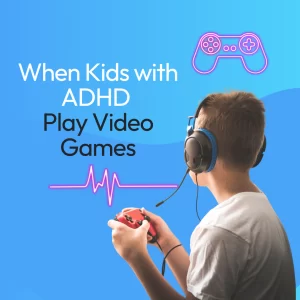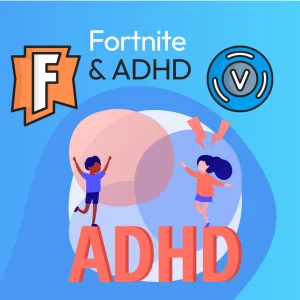Is social media here to help us connect with each other, share ideas, and express ourselves in unique ways, or is it here to divide us, polarize us, and make us addicted to our phones? In short: is social media a tool or a trap? According to Pew research, 1 out of 4 young people believe that social media is mostly negative. And only a third believe social media to be ‘mostly positive.’ Which leaves just shy of half (45%) of young people reporting that social media is neutral. Neither positive nor negative. Well, we believe that social media has the potential to be used for good, but it also has the potential to be abused. Let’s talk about some of the ways to avoid falling into the pitfalls created by living our lives online.
Fear of Missing Out (FoMO):
Have you ever been comfortably going about your day, happy as can be, and you check your social media and see that someone you know is doing something amazing? Seeing their amazing experience prompts you to think that what you are currently doing is not good enough. You could be doing more. FoMO drives our behavior ever toward some future experience that will bring us satisfaction, instead of engaging in meaningful behavior that is motivated by values-based behaviors that propel us toward a meaningful life.
Comparing yourself to others:
This is one of the easiest pit-falls to see in social media, and it is related to FoMO. When we see the posts of people we follow on social media, often times they appear to be having the time of their life: A new baby! A new job! Got into my dream school! Just bought a house! Straight A’s! Visiting Italy for the fourth time this year! We can’t help but look at their life and their vacation pictures and wonder what we are doing wrong in our own lives that we are not THAT happy all the time.
Compulsive social media use:
Social media sites (Facebook, Twitter, YouTube, Snapchat) know exactly what reinforces our engagement. Facebook ‘Likes’ keep us coming back for more. After making a post, we gravitate back to the post to see how many ‘Likes’ we got. We check to see who‘Liked’ our post and we almost can’t help ourselves. This kind of use can disrupt our sleep patterns, increase our feelings of anxiety, disrupt academic performance, and create emotional fatigue.
Social media disinhibition:
Have you ever read a comments section on YouTube or Facebook? If you have, you have seen that people talk to each other online in ways that they would likely not talk to each other in person. It is easy for people to be mean to each other online, because they do not have to face the consequences. When you say something hurtful to someone face-to-face, you get to see the look of hurt on the face of the person. Even if your intention was not to be hurtful, you can see that the words you use have consequences. Cyber-bullying become particularly easy because bullies do not have to face the consequences of their actions the same way they do in the classroom, when risking being confronted by a teacher or other bystanders.
The second half of online disinhibition is a phenomenon called ‘over-sharing.’ You likely recognize the acronym TMI (Too Much Information). Every-day interpersonal interactions demand a façade of normality. An example of this is when the person making your coffee asks you “how your day is going,” the normal response is “good.” It would be strange to explain to the barista at Starbucks that your life is in shambles and you just lost your job, and your toilet is leaking, and you are getting sick, and your cat is sick, and you are out of clean socks, etc. This expectation seems to be reduced online. People feel safe to share their most intimate feelings online. People are comfortable sharing their address. Their phone numbers. People feel comfortable talking about their greatest fears, etc. People may forget that information posted online, even on your private profile, may not necessarily be completely private.
Conclusion
Social media can also be a tool for our use! It is a great way to stay in touch with old friends. And keeping family and friends who live out of state in touch with my life is much easier. Social media is a great way for me to learn about my friend’s new love of hiking, and would be a way that I might see if they want to take me with them on their next hike. Just remember, moderate the time you spend online with ensuring that you are investing in relationships in the real world! The people in your life would probably love have lunch with you instead of simply “Liking” the most recent picture of your Carne Asada burrito from Chipotle.




3 thoughts on “Social Media – Tool or trap?”
Pingback: Cabin fever? Try going for a walk! - Stand 4 Kind - Coping Skills
Pingback: 5 Rules for Social Media - Stand 4 Kind Social Media
Pingback: Alcohol Prevention Tips for Parents - Stand 4 Kind Prevention